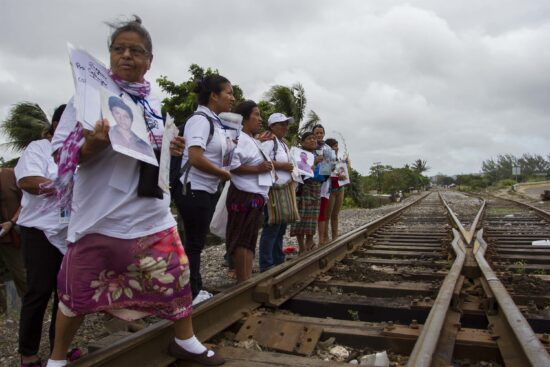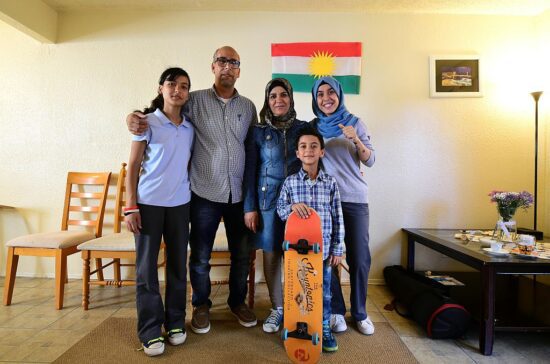Southern Baptists affirm every life is worthy of protection and created in the image of God. We believe in the sanctity of human life from conception to natural death, regardless of age or ability, as expressed in the Baptist Faith & Message.
In 1997, the Supreme Court ruled in Washington v. Glucksburg that state prohibitions on physician-assisted suicide do not violate the Constitution, thus opening the door for states to legislate the matter. Currently, 10 states and Washington, D.C., have legalized physician-assisted suicide. While most states outlaw physician-assisted suicide and classify it as manslaughter or a lesser felony, there are growing movements in roughly 19 state legislatures in 2024 to permit this practice.
Pain and suffering call for compassionate treatment that supports a God-honoring culture of life, not euthanasia. Ethical principles derived from Judeo-Christian and Hippocratic traditions provide compassionate methods of both hospice and palliative care. In a 2001 resolution, Southern Baptists resolved that legalized euthanasia is immoral ethically, unnecessary medically, and unconscionable socially.
Physician-assisted suicide is not healthcare. Medicine has been governed for over 2,500 years by the belief it is always wrong to intend to harm one’s patients, including killing or assisting a patient to kill himself or herself. We rightly grieve death, particularly suicide. Additionally, many states that have adopted these permissive laws are intentionally targeting those with disabilities and offering them ways to end their lives rather than providing the proper physical and mental healthcare.
House Concurrent Resolution 109 expresses the sentiment of Congress that it should not support or endorse any effort to legitimize physician-assisted suicide as an appropriate end of life care option. It reiterates Congress’s near unanimous passage of the Assisted Suicide Funding Restriction Act, which prohibits federal funds from providing any resources to assist in the suicide or euthanasia of an individual. The resolution emphasizes the role of Congress in ensuring the availability of the best possible hospice and palliative care for those in the end stages of life.
The ERLC strongly urges Congress to swiftly adopt this concurrent resolution and protect the inherent dignity and worth granted to every person by their Creator.










